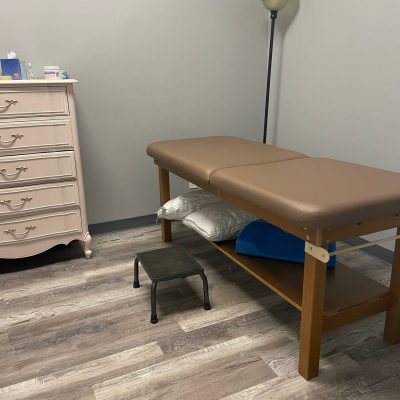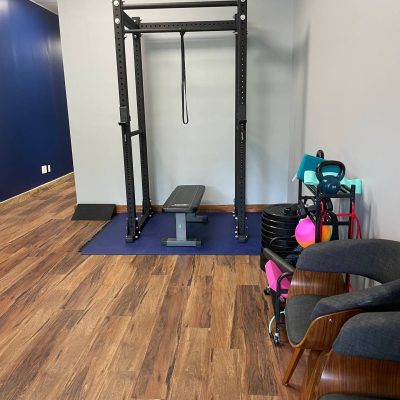By Dr. Erica Mitchell, PT, DPT
For many parents, the morning routine of getting their children ready for school involves more than just packing lunches and tying shoelaces. Some parents find themselves dealing with the challenges of children withholding bowel and bladder at school. This issue can be emotionally distressing for both parents and children, affecting the child’s well-being, social interactions, and academic performance. However, there’s hope on the horizon, and pelvic floor physical therapy is emerging as a valuable ally in addressing these concerns.
Understanding the Issue:
Withholding bowel and bladder is a common problem among school-aged children, and it can manifest in various ways. Children may resist going to the bathroom, experience constipation, or even exhibit signs of anxiety related to toilet habits. These challenges can lead to physical discomfort, social embarrassment, and an overall negative impact on a child’s quality of life.
Causes of Withholding:
Several factors can contribute to children withholding bowel and bladder at school. These may include anxiety, fear of using public restrooms, developmental delays, sensory issues, or underlying medical conditions. Addressing these issues requires a comprehensive approach, and pelvic floor physical therapy is an effective approach.
The Role of Pelvic Floor Physical Therapy:
Pelvic floor physical therapy is a specialized form of physical therapy that focuses on the muscles, ligaments, and connective tissues that support the pelvic organs, including the bladder and bowels. When children experience difficulties with bowel and bladder control, pelvic floor physical therapists work to assess and address any dysfunctions within these muscle groups.
Pelvic floor physical therapists conduct a thorough evaluation to identify any weaknesses, imbalances, or abnormalities in the pelvic floor muscles. This assessment helps tailor a personalized treatment plan for each child.
Biofeedback is one available tool through pelvic floor physical therapy. It involves any visual and tactile cue to the child that they are contracting and/or relaxing their pelvic floor muscles. This helps them gain awareness and control over their pelvic floor muscles, facilitating improved bowel and bladder function.
Pelvic floor physical therapists design exercises that target specific muscle groups, promoting strength, flexibility, and coordination. These exercises are often incorporated into a child-friendly routine, making the therapy engaging and effective.
Beyond physical exercises, therapists may employ behavioral strategies to address psychological factors contributing to withholding behaviors. This may involve education, relaxation techniques, and counseling to help children manage anxiety related to toileting.
Here are just a few potential benefits to pelvic floor physical therapy:
Improved Bowel and Bladder Control:
-
Through targeted interventions, pelvic floor physical therapy helps children regain control over their bowel and bladder functions, reducing instances of withholding.
Enhanced Confidence and Well-being:
-
As children gain mastery over their pelvic floor muscles, they often experience increased confidence, improved self-esteem, and a more positive outlook on daily activities.
Prevention of Long-Term Issues:
-
Pelvic floor physical therapy addresses underlying issues, preventing the development of long-term complications associated with bowel and bladder dysfunction.
Conclusion
The journey of overcoming bowel and bladder challenges at school is undoubtedly a challenging one for both parents and children. However, pelvic floor physical therapy is a valuable intervention, and with that there is hope for positive change. By addressing the physical and psychological aspects of withholding behaviors, pelvic floor physical therapy empowers children to enjoy a healthier, more confident, and fulfilling school experience. If your child is facing these challenges, consider consulting with our pediatric pelvic floor physical therapist to explore personalized strategies for improvement and long-term well-being.
Dr. Erica Mitchell, PT, DPT, is a Pelvic Floor Therapist who has extensive training treating pediatric pelvic floor dysfunction. She treats clients in the Magic City Physical Therapy office in Hoover, Alabama, and is also available for virtual consultation.







